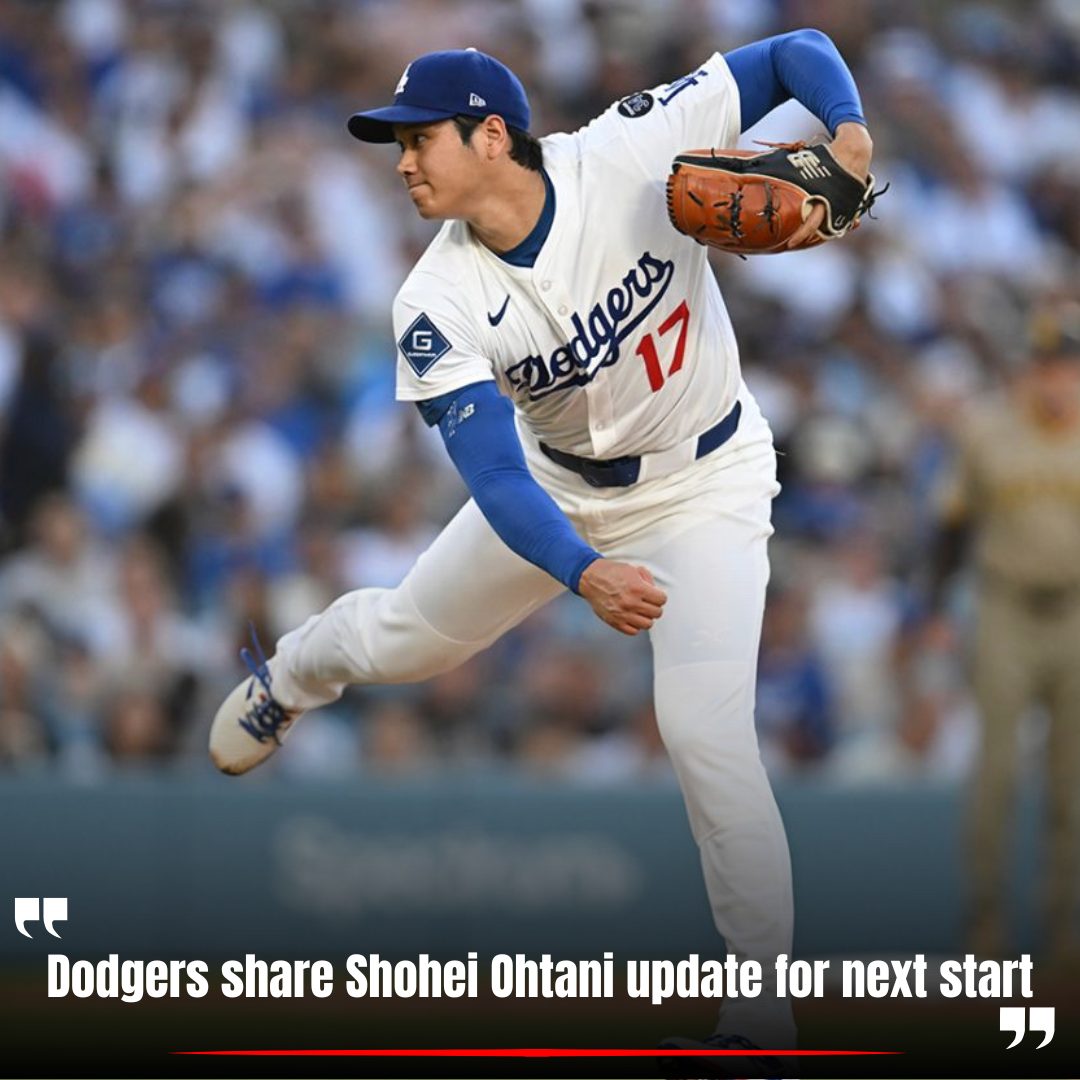Earlier this month, the Wallaroos fixtures for 2025 were announced, with Jo Yapp’s side set to play seven fixtures before they head to England to take part in the World Cup.
However, while interacting on social media about the news, a question came up about a particular player who is likely to play the Wallaroos when they take the field against the USA Eagles in Canberra.
“Who’s Ilona Maher?”

Now, obviously, I recognise that as an editor on an Australian rugby site, a question like this might not be out of the ordinary. Rugby is a massive game internationally with a rapidly growing women’s game, and with hundreds of teams and competitions, someone will inevitably get missed.
With this particular question though, I think it is important to sit down and write this. To those who may not know, Maher has become more than just a rugby player over 2024 – so providing context for those unfamiliar is probably needed.
The landscape of women’s sports is changing rapidly. Keyboard warriors might say, for example, that the Matildas are a fad after the success of last year’s World Cup – 16 matches sold out in a row suggests otherwise.
Even when the Matildas have not been playing well, the side is still drawing tens of thousands of fans, and is the most supported national side in the country right now.
Truth be told, this whole situation is just the world finally becoming round – female athletes are being increasingly recognised for what they are: quality, professional sportspeople – and while different sports are progressing at different paces, the change is coming – and you shouldn’t ignore it or downplay it.
This brings us back to rugby. So, if you don’t know, who is Ilona Maher? And why should you care?

This may sound hyperbolic – but she is going to transform professional rugby. It’s important that you pay attention to her – you may not know her but if you have sons or daughters online, they sure do.
A US Sevens rugby player, she is the most followed rugby personality in the world – amassing a gargantuan 4.7 million followers on Instagram and 3.4 million followers on TikTok. For reference, the most followed male rugby player, Siya Kiolisi, has 1.4 million followers.
Even by 2024 standards, her growth has been huge: four months ago she overtook the All Blacks (2.6 million) on Instagram. The news provoked a lot of praise, but also outrage online – with critical fans asking what has she done in world rugby compared to the likes of Kiolisi and Antoine Dupont.
Anyone thinking that needs to put their ego aside. Secondly, let’s break that down.
Those who have been following her on the Sevens circuit are more than aware of how great a player she is. Part of the side that ruined Australia’s medal hopes in Paris, Maher is a brutal contact player – she is fast, can bump off players at will, and best of all, her technique around the ruck is phenomenal. She’s been doing this for years.
Her profile has been growing since the 2020 Olympics, but has been supercharged by a second, key reason: her online presence is unlike any other rugby star.

On the surface, Maher is not that different to stars like Kolisi, with photos showing behind-the-scenes life and sponsorships.
However, she also interacts with her audience. A lot. She talks about how much work is required to be a professional athlete. She talks diet, she talks work required to maintain being able to compete on that level.
However, she also has a personal goal – transforming conversations around body types and body image, especially for women.
If you are a couch critic, good luck – she goes out of her way to take you down – such as an amazing video where someone criticised her BMI, where she reveals she has been considered overweight her entire life on the BMI scale – highlighting how outdated the system is and that even a professional athlete cannot escape being considered ‘overweight.’
This particular discourse has really struck a chord with a lot of her audience, particularly around breaking down ideas that self-confidence doesn’t just come down to looking a certain way. Humans come in many shapes.
Body positivity matters. Being comfortable in one’s skin matters. If anyone says, why does that matter anyway? Who cares about how they look? Usually, that’s the sign of someone who hasn’t had these pressures shoved down your throat from a young age.
Maher’s rise also coincided with her performance on the USA version of Dancing with the Stars, where she put her money where her mouth is. In October, she revealed that many of the costume designers wished to ‘cover her up’ – and she demanded that if many of her competitors can show skin, why not her?

This moment, along with several of the dresses she went on to dance in, only added to the discourse around her focus on body positivity.
If you haven’t had the chance to check out some of her dances, I strongly recommend you should. Not only does she put her physical strength to good use – lifting her male partner as much he lifts her (it’s small, but seeing things like this matters) – but she unapologetically shows her love of rugby.
All of this has transformed her profile, but critically, it is set to transform rugby as a whole.
In the past, rugby, despite it’s large international audience compared to the likes of Aussie rules or league has often lived in the shadow of sports like football. Much of it’s appeal comes from the famous national sporting teams like the All Blacks or Springboks.
Football is a sport where it can be argued that clubs are the biggest brands, like your Arsenals, Barcelonas, Bayern Munichs etc, and even more so, specific players themselves. Fans may not be drawn to a club like Al Nassr, but they certainly will if they know Cristiano Ronaldo is playing for them. He sells the T-shirts, he sells the memberships, he gets bums on seats.
Rugby has never had a player like that. Until now.
Earlier this month, it was announced that Maher would sign up to the Bristol Bears on a three-month deal. Maher is making the transition to the fifteen-a-side game in the centres, and plans to be in the US squad for the World Cup next year.
Within 24 hours of her announcement, the Bears had their ticket records smashed.
When she runs out for her first match on January 5th, not only will she be welcomed by the largest crowd ever to witness a Bears Womens’ game – demolishing the modest 4,101 record that watched the Bears play Harlequins in 2022 – but she single-handedly changed the game’s location.
The Bears Women’s side have had to relocate from Shaftsbury Park to the much-larger 27,000-seated Ashton Gate to keep up with demand.
Of course, it’s no Ronaldo – but from little things, big things grow. When has any rugby player been able to create such a drastic change?
So, how does one respond to this? Honestly, embrace it.

If, for whatever reason, someone reading this might look at this amazing athlete with trepidation – I ask, why?
What she has done in 2024 is, on her own terms, turn people onto rugby who previously would not have.
Rugby often does talk a big game about its values and that it is a sport of inclusivity – it prides itself on being a game for all with the moniker that ‘it’s a game for hooligans, played by gentleman.’
Even that quote exposes the reality – history will tell you that rugby is anything but an inclusive game – despite the ideals it preaches.
Ilona Maher and the phenomenon around her represent a sign of the times, a sign that rugby needs to embrace if it aspires to be the sport it claims to be.
When she takes the field in Canberra, it will likely contribute to one of the largest crowds the Wallaroos and the Brumbies will see in years – and I hope the Brumbies put the opportunity to good use with the biggest star in world rugby in town.
I have seen the impact that Maher has had, not just on a large scale, but a personal one. My long-suffering partner has watched rugby games with me, taken me to Wallabies Tests, and tolerated my highs and lows, but purely out of love and tolerance for this crazy game I have.
Ilona Maher has gotten her, and her friends, more into rugby in six months than I have been able to accomplish in ten years. She speaks their language. It might be different from the ‘traditional’ sense of a rugby fan – but we should recognise that it comes from the same place.
I consider myself still very much a rookie in the greater scheme of journalists and people covering this crazy game since picking up the pen for the first time in 2016 – that passion came from years of watching stars like Matt Burke, Jonah Lomu, Michael Hooper, Kolisi and Dupont.
I have never seen a player make an impact quite like Ilona Maher has in 2024. I think she’s only just getting started.





